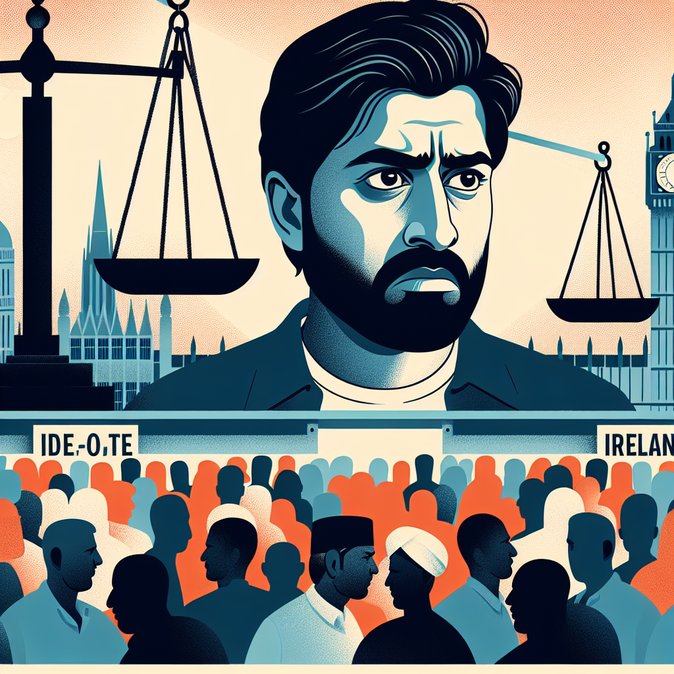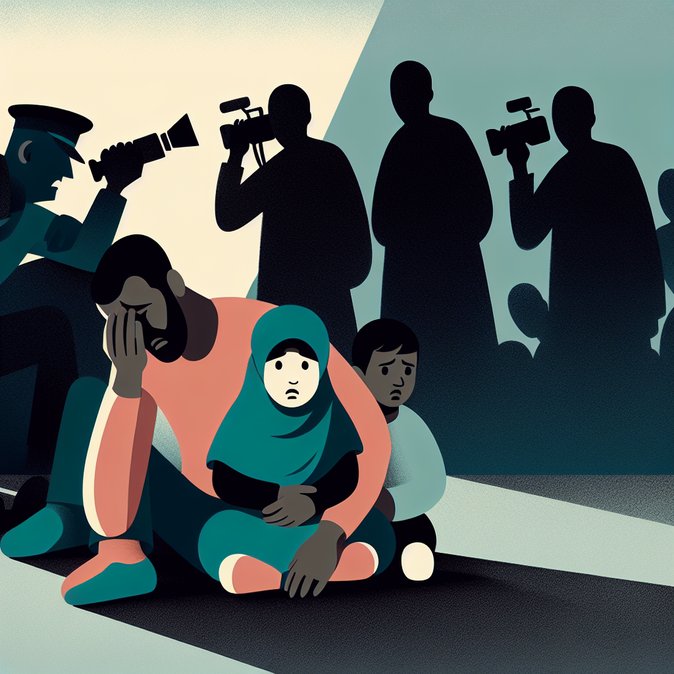
Ireland’s highest court has agreed to hear an appeal by the Irish Human Rights and Equality Commission (IHREC) that could reset the State’s legal obligations toward people seeking international protection. The appeal challenges a July 2025 Court of Appeal judgment that found the Government had not breached applicants’ ‘right to dignity’ when it left hundreds of single men without accommodation in 2023-24. The original High Court ruling had branded the policy unlawful at the height of last year’s capacity crisis, when tents lined Dublin’s Grand Canal and Leeson Street.
At the centre of the case is Article 1 of the EU Charter of Fundamental Rights, which guarantees respect for human dignity. IHREC will argue that the Charter obliges Ireland to provide at least basic shelter and sanitary facilities from the moment an asylum claim is lodged. Government lawyers counter that unprecedented arrivals, not wilful neglect, created a temporary shortfall and that resources were redirected as quickly as possible.
![Supreme Court to review State’s duty to house asylum seekers]()
A definitive Supreme Court ruling—expected early in 2026—would clarify whether future applicants can sue the State for damages when accommodation is delayed. Multinationals that rely on intra-EU transfers say legal certainty is crucial; any finding of liability could inflate future State spending and deepen public debate over migration budgets. Human-rights groups add that a judgment in IHREC’s favour would bring Ireland into line with recent rulings in Belgium and the Netherlands, where courts ordered governments to house new arrivals immediately.
For global-mobility managers the outcome will influence Ireland’s reputation as a destination for skilled non-EU talent: a ruling that forces higher accommodation standards may reassure assignees but could trigger political pressure for tighter admission controls. Employers are advised to monitor the case and factor potential policy changes—and processing delays—into 2026 assignment planning.
At the centre of the case is Article 1 of the EU Charter of Fundamental Rights, which guarantees respect for human dignity. IHREC will argue that the Charter obliges Ireland to provide at least basic shelter and sanitary facilities from the moment an asylum claim is lodged. Government lawyers counter that unprecedented arrivals, not wilful neglect, created a temporary shortfall and that resources were redirected as quickly as possible.

A definitive Supreme Court ruling—expected early in 2026—would clarify whether future applicants can sue the State for damages when accommodation is delayed. Multinationals that rely on intra-EU transfers say legal certainty is crucial; any finding of liability could inflate future State spending and deepen public debate over migration budgets. Human-rights groups add that a judgment in IHREC’s favour would bring Ireland into line with recent rulings in Belgium and the Netherlands, where courts ordered governments to house new arrivals immediately.
For global-mobility managers the outcome will influence Ireland’s reputation as a destination for skilled non-EU talent: a ruling that forces higher accommodation standards may reassure assignees but could trigger political pressure for tighter admission controls. Employers are advised to monitor the case and factor potential policy changes—and processing delays—into 2026 assignment planning.


